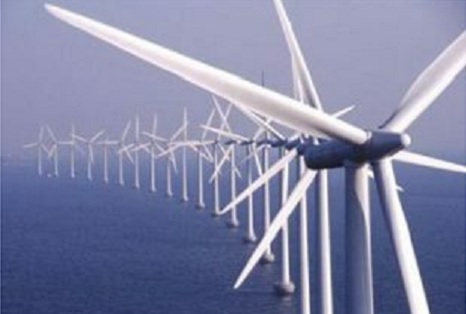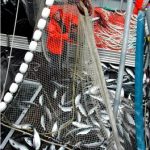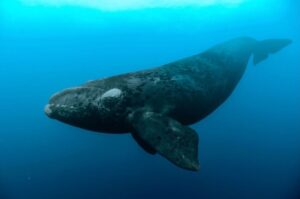Tag Archives: David Frost

Andrew Montford: Politicians must drop their ‘Comical Ali’ approach to offshore wind costs
According to officials at the Department for Energy Security and Net Zero (DESNZ), offshore wind power is around half the cost of electricity from gas turbines. But in Parliament recently, David Frost exposed the problem with this claim. If what DESNZ says is true, he observed, it is hard to understand why we still have to subsidise windfarms. And harder still to understand why we have just had to give them a 70 per cent increase in the guaranteed price they receive. It was striking that the energy minister Martin Callanan, responding for the Government, failed to answer the question, merely reiterating the claim that wind is cheaper than gas. His evasion tells a story and highlights the great deception at the heart of the Net Zero policy. For years, governments have told us of a revolution in windfarms costs. Developers may even have believed it themselves, submitting extraordinarily low bids into the renewables auctions. more, >>CLICK TO READ<< 10:18

















































